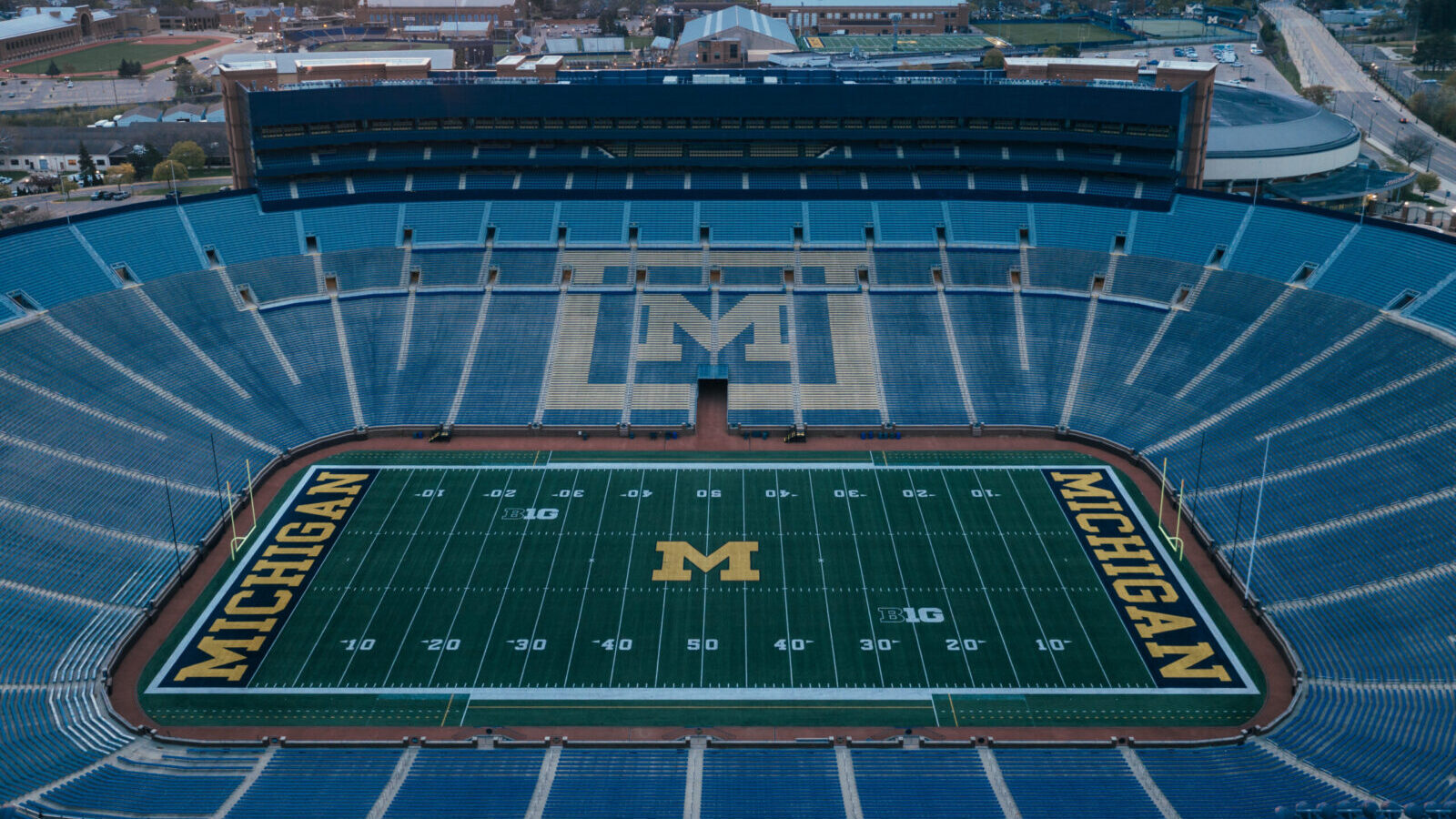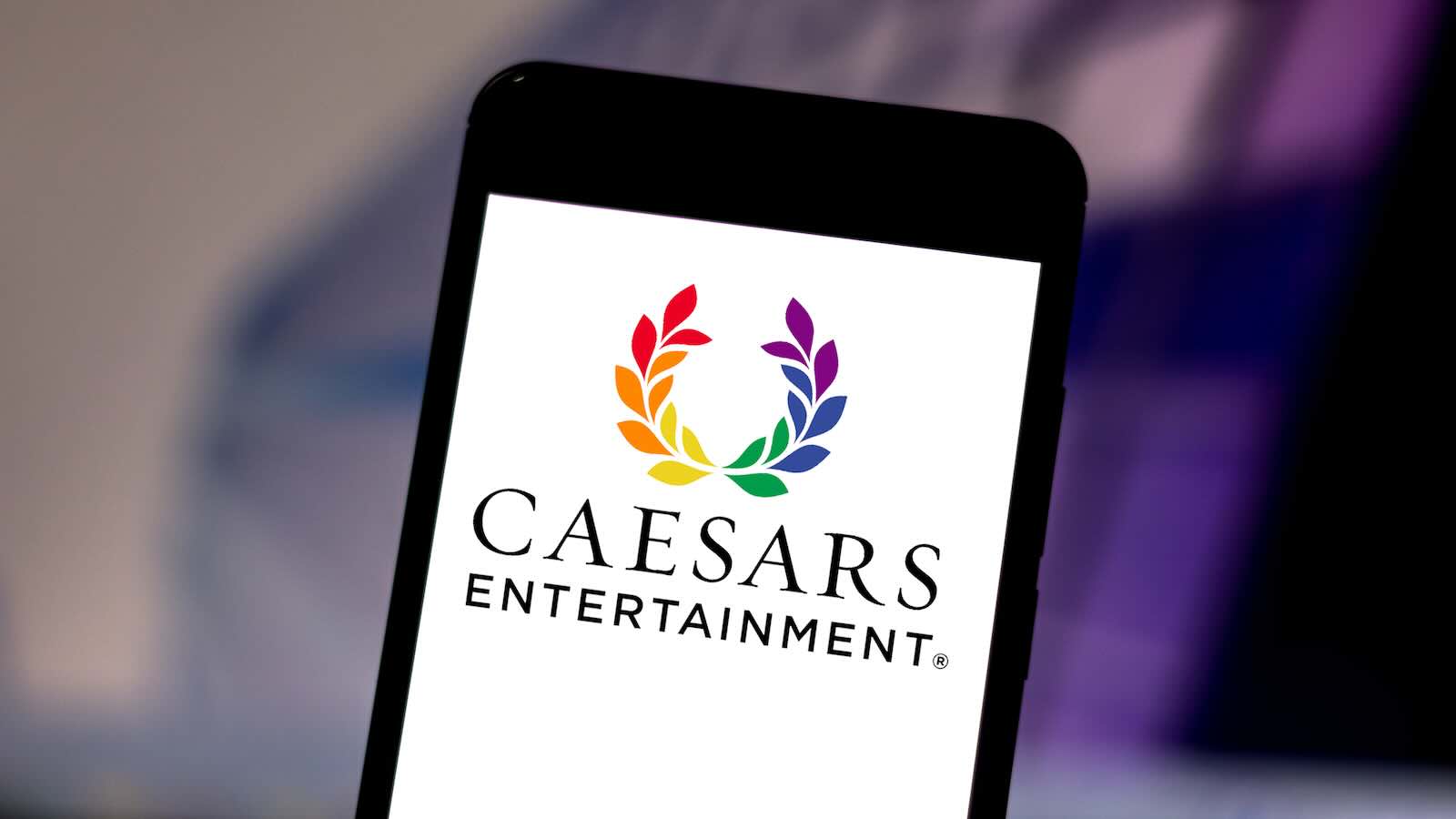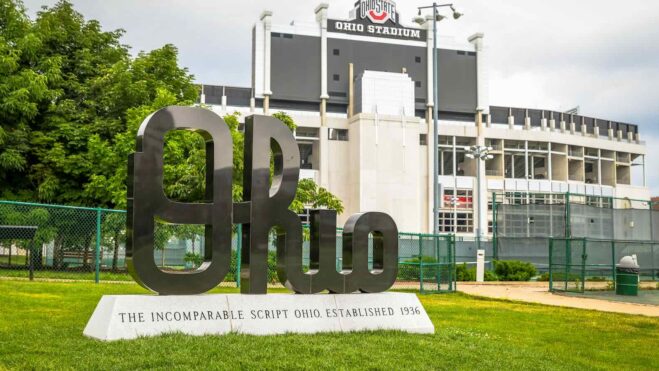Michigan Legislators Propose Tax Increases On iGaming And Sports Betting
The measures seek the most modest of bumps to the tax rates, avoiding putting much pressure on operators
1 min

Two Michigan state senators, Sam Singh and Jeremy Moss, have introduced two bills proposing modest tax increases on sports betting and iGaming revenue. However, unlike other states that have attempted to introduce massive increases, these legislators are taking a more subtle approach.
Senate Bill 1193 seeks to raise the tax rate on commercial sports betting operators’ adjusted gross receipts from 8.4% to 8.5%. It only applies to non-tribal betting; the state can’t adjust tribal betting rates.
The increase would give slightly more revenue to the city in which the sports betting operator’s land-based casino partner is located. That figure is now 30%, but the bill would increase it to 31%.
Concurrently, Senate Bill 1194 proposes a tiered increase in iGaming tax rates, with adjustments depending on revenue brackets. The change doesn’t include an increase to the respective city like the sports betting bill does.
Senate Bill 1194 proposes the following adjustments according to operator revenue:
- Revenue under $4 million: Tax rate increases from 20% to 21%
- Revenue between $4-$8 million: Rate increases from 22% to 23%
- Revenue between $8-$10 million: Rate increases from 24% to 25%
- Revenue between $10-$12 million: Rate increases from 26% to 27%
- Revenue exceeding $12 million: Rate increases from 28% to 29%
The proposed changes come soon after recommendations from the National Council of Legislators from Gaming States (NCLGS). It suggested in November that tax rates should fall between 15% and 25%.
Bucking national trends and neighboring states
The introduction of these bills occurs amid a complex national discourse on gaming tax policies. In Ohio, for instance, legislation has been proposed to reduce the sports betting tax rate from 20% back to its original 10%, citing concerns over competitive disadvantages and market sustainability.
State Sen. Niraj Antani, who spearheaded Ohio’s sports betting legalization, argues that the higher tax rate hampers growth and deters operator participation.
Other states are exploring or have implemented tax increases like the one previously installed in Ohio. Illinois introduced a progressive tax system where sports betting revenue exceeding $200 million is taxed at 40%, a significant hike from the previous flat rate of 15%.
Louisiana could have raised its sports betting tax from 15% to 51%. That plan has since been scrapped.
Michigan’s proposed tax increases are relatively modest compared to the more aggressive adjustments in other states. The incremental nature of these proposals suggests an effort to balance the generation of additional state revenue with the maintenance of a competitive and attractive environment for gaming operators.
The lawmakers haven’t indicated their motive for the small increase.
The legislative process for these bills is in its early stages, with both currently under consideration by the Senate Committee on Government Operations.





